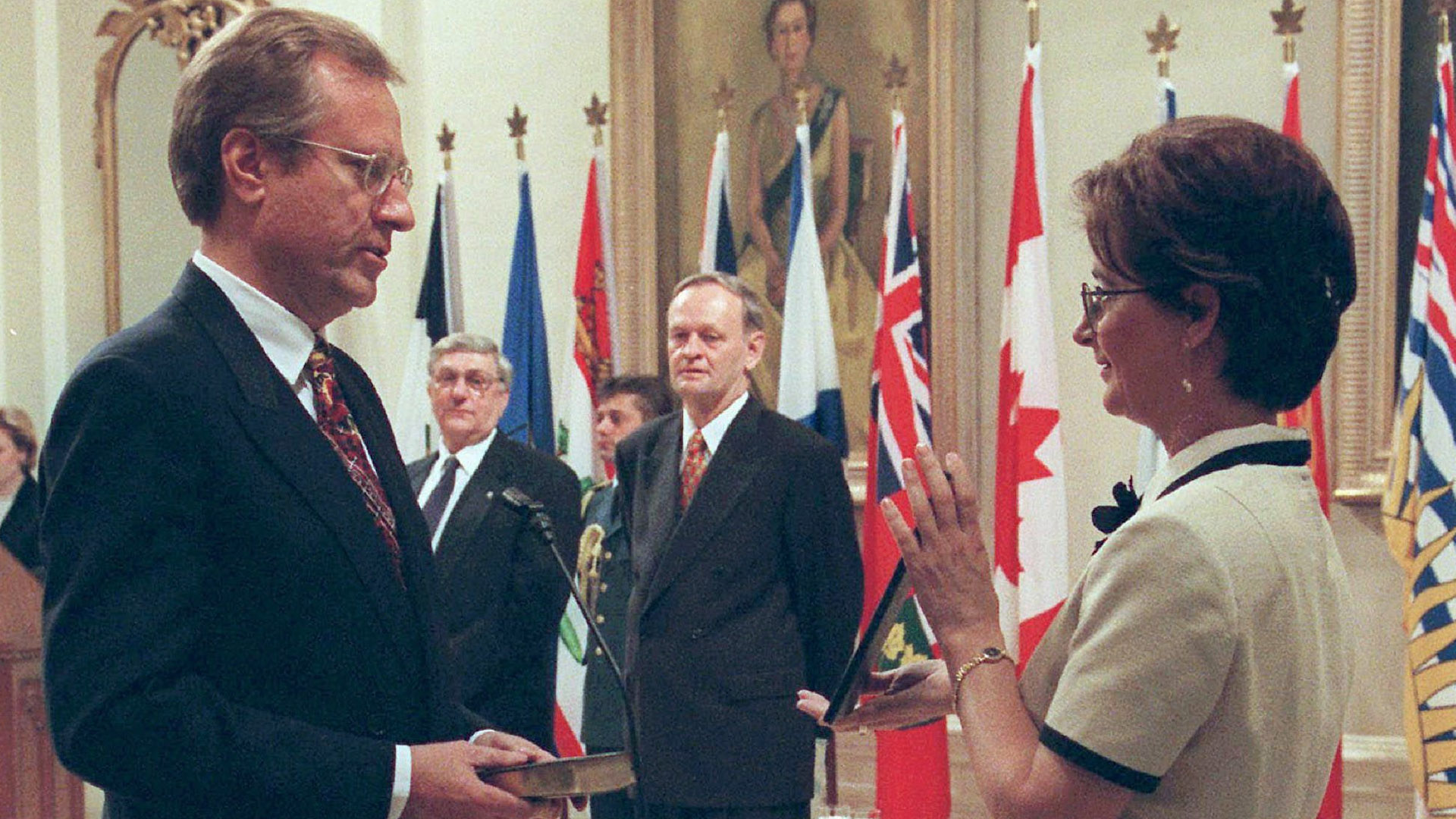
With the release of the Broadcasting and Telecommunications Legislative Review’s (BTLR) final report last week, Canada now has two regulatory visions for the future of its communication systems. Before the election, the Trudeau government launched its Digital Charter – a commitment reaffirmed in the Minister of Innovation, Science and Industry’s mandate letter with the express goal to “establish a new set of online rights.” Where the Charter seeks to implement policy goals by giving individuals private rights, the BTLR looks to regulate systems as public goods. The looming question is how these two approaches, one centred on systems and the other on rights, could clash or collaborate in the name of the public interest.
The BTLR’s focus on media systems could easily dominate all discussions of media policy in the near term. Its mix of proposals is ambitious. The final report is 235 pages long with 97 recommendations, calling for major changes at the CBC and the Canadian Radio-television and Telecommunications Commission, as well as an expanded view of broadcasting and telecommunications that would include internet services. Its vision “reaffirms Canada’s sovereignty, supports our democratic values and inclusivity, and aims to realize the promise of advanced technologies for the benefit of Canada’s economy and future prosperity, and Canadians as citizens, users, and creators.”
Implementation of the report’s main recommendations will be a major challenge. There is a lot of room for interpretation. Most of the BTLR’s recommendations require significant legislative work to define what should be regulated as a “media content undertaking” or as a communication service. YouTube and Netflix seem likely targets, but WhatsApp and Facebook Messenger could also be included depending on the interpretation. Its future, even though the government promises legislation by year’s end, is anything but clear.
The Digital Charter’s path forward, in contrast, seems more apparent and is firmly rooted in rights. The emboldened Office of the Privacy Commissioner has been interpreting its duties with an eye to the future and will hopefully see an increase in its powers. The government has also committed to establishing a Data Commissioner to “create new regulations for large digital companies to better protect people’s personal data and encourage greater competition in the digital marketplace.” Canadians could soon have a right to erase their data, move their data between platforms and know how their data may be used. These rights would impact familiar features of our online life, such as personalized recommendations, targeted advertising and curated newsfeeds.
Both commissioners would be pieces of a renewed commitment to digital rights at the core of the Digital Charter. Rights would become a guiding principle governing all online sites engaged in data processing. Rather than re-engineer Canada’s communication system as the BTLR seeks to do, the rights-based approach sets out principles that would dramatically change the foundations of data processing and the development of data-driven industries. Whether the Digital Charter’s proposed rights framework will be enough to effect systemic change remains uncertain.
The BTLR and the Digital Charter are processes operating in parallel, and yet the areas they seek to regulate and legislate around overlap. For example, the government might oblige online media content providers to make Canadian content “discoverable” to viewers and listeners through the use of algorithms. (Algorithms are mentioned 25 times in the report.) In contrast, data governance laws of the future might allow Canadians to withdraw from the automated decision-making making these recommendations.
These two visions of the online world, ultimately, promise to be quite complementary, working at different approaches to governance to achieve domestically better communication systems. But they just as easily could mark another divide between civil society and various industry stakeholders that ultimately stalls progressive interpretations of both projects.
After all, one project has the lofty goal of promoting cultural sovereignty and shared identity, while the other concerns societal trust and individual rights. It’s not hard to imagine jurisdictional battles over whether a certain activity on the internet falls into the ambit of the communications regulator or that of the data and privacy commissioners.
These rights-based and system-based policies offer different benefits and risks. Their coordination will be something the government needs to pay close attention to. In the short term, it can begin by emphasizing the public interest is the common ground between the two processes, lest domestic and global corporate interests exercise undue influence over the shape of reforms.
Photo: Shutterstock by metamorworks
Do you have something to say about the article you just read? Be part of the Policy Options discussion, and send in your own submission. Here is a link on how to do it. | Souhaitez-vous réagir à cet article ? Joignez-vous aux débats d’Options politiques et soumettez-nous votre texte en suivant ces directives.








